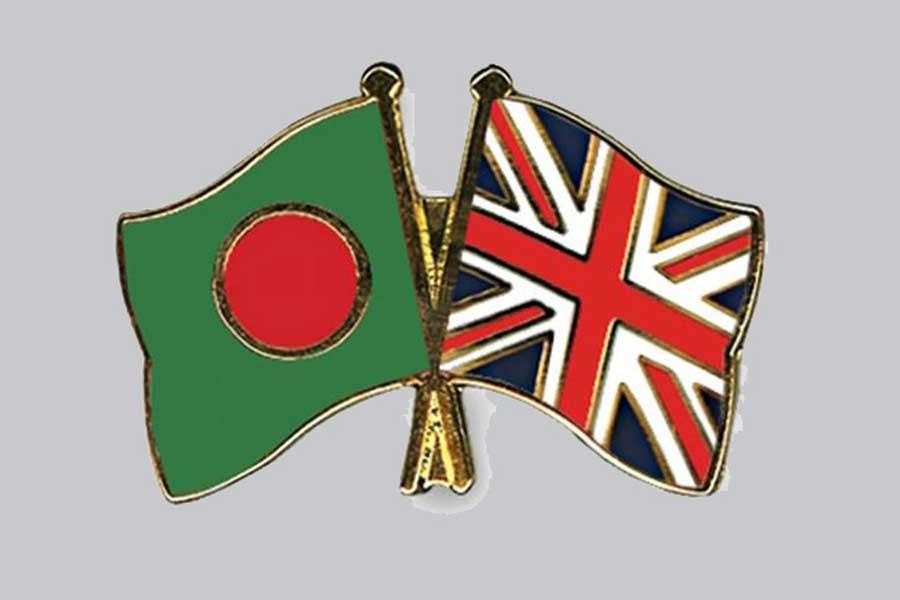Bangladesh has reasons to be concerned about the shape and range of post-Brexit economic ties with the United Kingdom (UK). Britain is formulating a new tariff policy which, to the credit of the UK government, was brought to the knowledge of the commerce minister of Bangladesh, seeking Dhaka's opinion on the subject. The British high commissioner in Bangladesh apprised the commerce minister of the new arrangement. The immediate response from Bangladesh ought to be maintaining the status quo in its trade and economic relations with the UK in the future. In other words, those must not be less preferential, if not more, than what the country enjoyed under the arrangement when Britain was a member of the European Union. Notably, Bangladesh still enjoys the facilities with the EU as it did before. So this is the least that Britain could do so far as generalised system of preferences (GSP) is concerned.
Now reports have it that Bangladesh might propose a joint trade commission with the UK. It may even consider initiating a free trade agreement on conclusion of a feasibility study apart from requesting the UK to retain its GSP facility. Whatever may be the approach, it has to be based on hard facts with an eye on long-term benefits for the country's economy. To that end the ground work should be done efficiently in order to better secure the country's trade and economic interests. A large community of people of Bangladesh origin lives in the UK and members of the community hold important positions there and quite a few of them have become elected members of parliament and local councils. Relations between Bangladesh and Britain are time-tested and the colonial past notwithstanding they are bonded by a special rapport. No wonder, Bangladesh had long been the top recipient of aid and grants from the Department for International Development (DFID) of the UK government.
Business regimes have changed the world over and they will transform further with the mode of production changing fast and the information and communication system taking the lead role. That Britain thought it wiser to come out of the EU is not for nothing. Each nation has its own calculations to secure international and bilateral trades with the objective of maximising its benefits in a more competitive world. Both Bangladesh and Britain will be no exception to this rule.
So the most contentious issue likely to emerge in the post-Brexit era is the new most favoured nation (MFN) tariff schedule which will replace the regional group's tariff policy. If, however, the lower-band tariff is eliminated, goods and commodities from developing countries will have to compete with those of developed countries. That is going to take away the competitive edge countries like Bangladesh used to enjoy earlier. Let's hope UK does not take any initiative that may detract from the protection and furtherance of Bangladesh's interests. Actually, Bangladesh should seek UK's support beyond 2027 for its smooth transition from LDC to a developing country.


